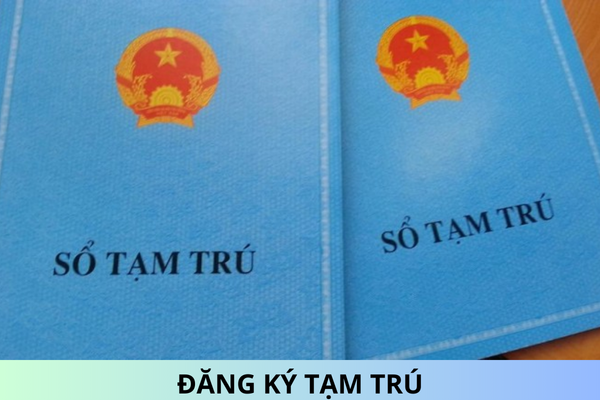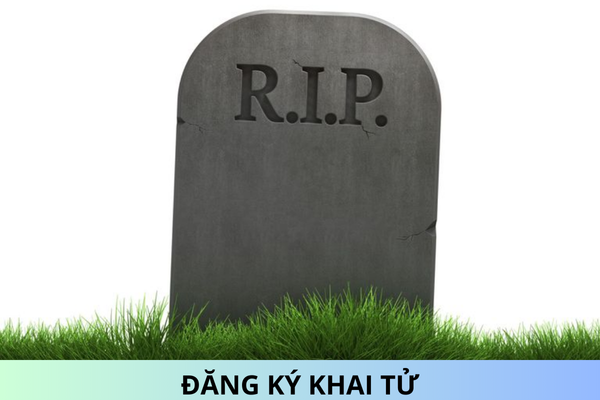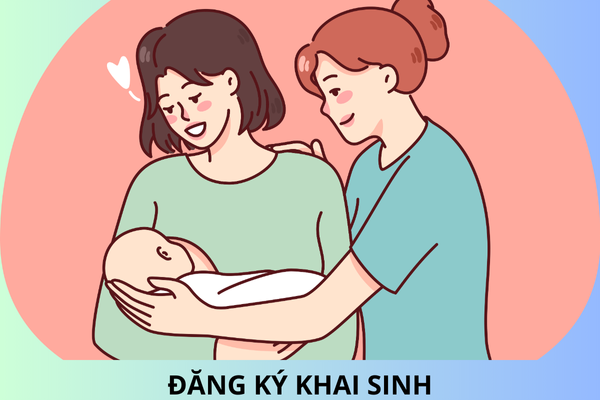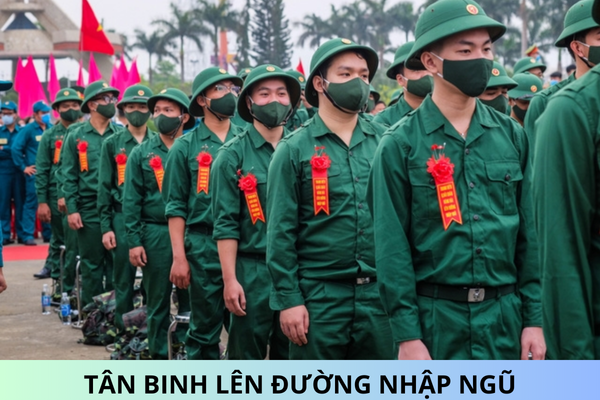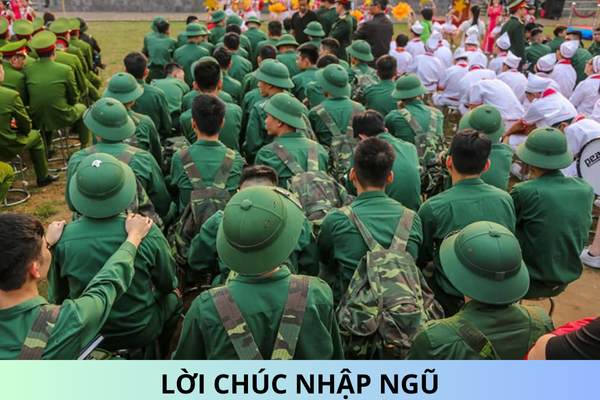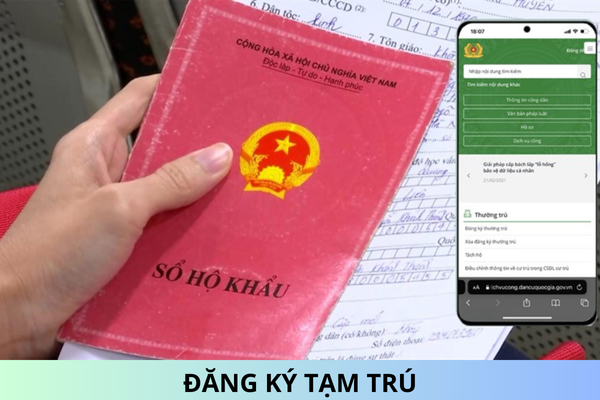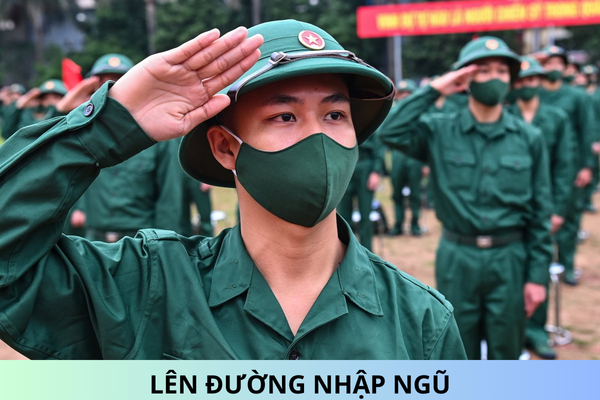Are commune-level justice and civil status officers in Vietnam required to have a university degree?
Are commune-level justice and civil status officers in Vietnam required to have a university degree?
Pursuant to Point a, Clause 2, Article 72 of the Law on Civil Status 2014 providing:
civil status officers
- Commune-level justice and civil status officers must meet the following standards:
a) Possess a degree from a law college or higher and have received training in civil status professional skills;
b) Have clear handwriting and an appropriate level of computer proficiency as required for the job.
Based on practical conditions regarding the area, population, workload of justice, and civil status tasks of the locality, the Government of Vietnam regulates the arrangement of justice and civil status officers to undertake specialized civil status tasks.
Therefore, it is not mandatory to have a university degree as per the above regulation.
Duties and powers of commune-level civil status officers in Vietnam
Pursuant to Clause 1, Article 73 of the Law on Civil Status 2014, the duties and powers are as follows:
- In the field of civil status, commune-level justice and civil status officers have the following duties and powers:
a) Comply with the provisions of this Law and other related legal regulations on civil status;
b) Be accountable to the Commune People's Committee and the law for civil status registration;
c) Propagate, disseminate, and mobilize the people to comply with the legal regulations on civil status;
d) Assist the Commune People's Committee in registering civil status promptly, accurately, objectively, and honestly; fully update civil status events that have been registered into the electronic civil status database;
dd) Actively check and review to promptly register births and deaths arising in the area.
For dispersed residential areas with difficult travel conditions, far from the headquarters of the Commune People's Committee, justice and civil status officers report to the Commune People's Committee to organize mobile registration for births, marriages, and deaths;
e) Regularly enhance legal knowledge to improve competence and professional skills in civil status registration; participate in professional training courses organized by the Commune People's Committee or superior judicial authorities;
g) Actively report, propose the same-level People's Committee to cooperate with agencies and organizations to inspect and verify civil status information; request agencies, organizations, and individuals to provide information for verification when registering civil status; cooperate with the same-level Police agency in providing basic civil status information of individuals to the national population database.
